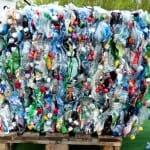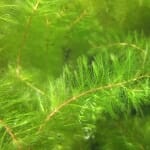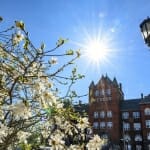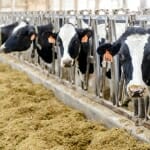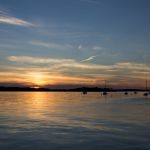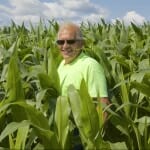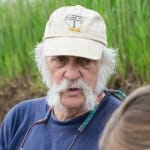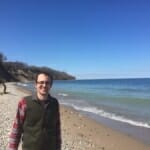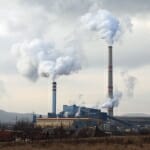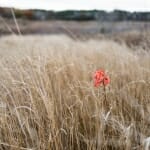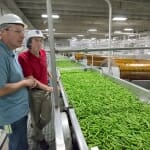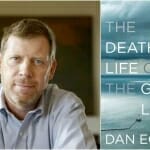Tag Environment
New approach for breaking plastics down shows promise for ‘upcycling’ them
“Thirty percent of our plastic is ending up in the environment," says chemical and biological engineering Professor George Huber. "The current plastic infrastructure is not sustainable right now.” Read More
Controlling invasive milfoil with lake-wide herbicide could do more harm than good to native plants
New research could help lake managers make more informed decisions about their invasive species control strategies. Read More
Environmental DNA shows promise in estimating sport fish populations
eDNA could help fisheries managers keep tabs on walleye health across many more lakes at a fraction of the cost of current monitoring methods. Read More
Spring comes to the Arboretum
With the snow melted, the warmth of the spring sun brings the Arboretum back to joyous life. Flowers bloom, birds sing, shoots arise from the soil. Enjoy this look at spring’s wonderful renewal of the earth. Read More
Virtual symposium addresses key resource during pandemic: clean water
COVID-19 may have forced the event to go virtual, but it also brought the importance of its topic into sharp focus. “You can’t wash your hands if you don’t have water,” says Water@UW–Madison's Matt Ginder-Vogel. Read More
Old-school cool: A look back on Earth Day
Wondering what Earth Day looked like for UW in 1970? Here are some old-school cool photos that flashback to the historic event. Read More
Blank’s Slate: You don’t have to miss observing Earth Day
Chancellor Rebecca Blank urges you to participate in a virtual Earth Day conference sponsored by the Nelson Institute on April 20. And learn more about the history of the Nelson Institute as it celebrates 50 years. Read More
Wisconsin Initiative on Climate Change Impacts revived under Governor’s task force
WICCI will contribute climate data informing the work of a state panel charged with advising Wisconsin Gov. Tony Evers on climate change adaptation and mitigation. Read More
Sustainable dairy project finds ways to lower emissions, boost profits
Researchers found that ideal cow genetics, improved feeding strategies and better manure management could allow dairy farms to cut greenhouse gas emissions while producing more milk with less feed. Read More
Climate change impacts Wisconsin’s inland lakes
The UW Water Resources Institute studied the effect on lake levels, water quality, aquatic invasive species and fisheries for 15,000 of the state's "true water treasures." Read More
Science meets seat-of-the-tractor observations with Discovery Farms
“By the time Discovery Farms left Cashton in 2017,” says Jack Herricks, “the relationship had changed, the era of finger pointing and distrust had left. It was a pretty dramatic shift.” Read More
Sea Grant announces new coastal engineer
As Wisconsin Sea Grant’s coastal engineering outreach specialist, Adam Bechle will be dealing with erosion and flooding issues on the state’s Great Lakes shores. Read More
New mechanism of action found for agricultural pesticide fludioxonil
The fungicide was originally devised to protect seeds during storage but was so effective at limiting mold damage that it is now widely used to treat produce after harvest to extend its shelf life. Read More
Madison Reads Leopold returns to UW Arboretum March 1–3
Public figures and community readers will give voice to Aldo Leopold’s keen observations and eloquent philosophy as written in "A Sand County Almanac" and other works of the noted conservationist, a former UW–Madison faculty member. Read More
Autumn fades on the prairie
The final days of fall bring their own unique colors and textures, stark yet lovely, to the Curtis Prairie at UW–Madison's Arboretum. Read More
Food processors, UW collaborate to remove guesswork from wastewater disposal
The results of a three-year study offer some support for the belief that much of the nitrogen in the wastewater from cheese-making and vegetable processing leaves the soil and harmlessly enters the atmosphere. Read More

